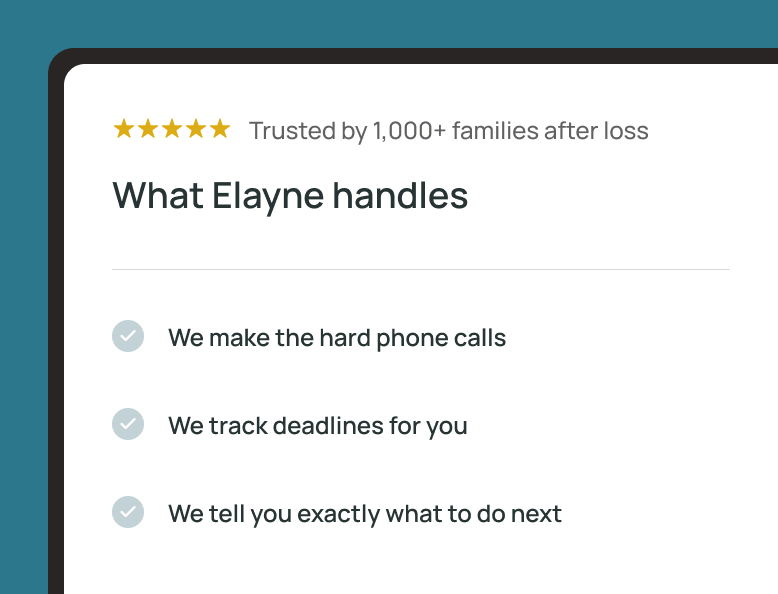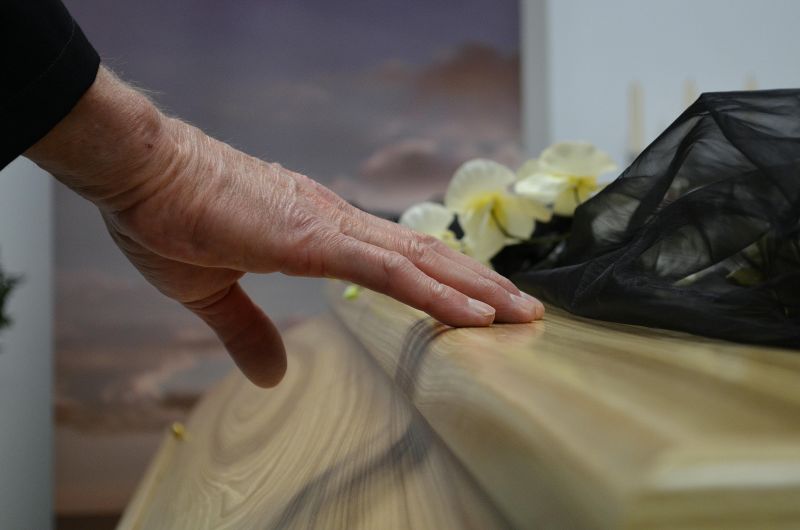Key Takeaways:
- Casket prices vary widely, factors influencing cost include materials, design, brand, and retailer.
- Federal law (Funeral Rule) gives you the right to compare prices and purchase caskets elsewhere.
- Understanding your options helps make informed, respectful choices during a difficult time.
Grieving loved ones are faced with making a series of important—and often expensive—decisions immediately following their loss. One of the largest and most symbolic funeral expenses is the casket. If you’ve found yourself wondering how much is a casket, you’re not alone. Understanding casket prices, what affects them, and your purchasing options can help ease both emotional and financial stress during this challenging time.
Typical Casket Price Ranges
Casket prices can vary widely depending on style, materials, and where you make your purchase. Here’s a breakdown of what you can typically expect:
- Economy Models ($900–$1,500): These are budget-friendly caskets often made from materials like fiberboard, plywood, or 18-gauge steel. While simple, many are still aesthetically pleasing and suitable for both burial and viewing.
- Mid-Range Caskets ($2,000–$5,000): These are often made from high-quality hardwoods such as oak or cherry, or from more durable stainless steel. They may include plush interiors, decorative features, and more intricate craftsmanship.
- Premium Caskets ($5,000–$10,000+): The highest tier includes caskets made from mahogany, bronze, copper, or other luxury materials. Custom finishes, engravings, and handcrafted details are common. While beautiful, they can significantly drive up the overall cost of a funeral.
Whether you're aiming for affordability or something more elaborate, there is a casket price range for every preference and budget.
Factors That Affect the Cost of a Casket
When evaluating casket prices by material and style, consider these key factors:
- Material: Steel caskets are typically priced based on gauge—the lower the gauge, the thicker and more expensive the steel. Wood caskets can range from softwoods like pine (lower cost) to hardwoods like mahogany (premium). Eco-conscious families may also consider biodegradable caskets made from cardboard, bamboo, or wicker.
- Features: Plush velvet interiors, satin linings, memory drawers, and engraved nameplates can all increase cost. The more customization, the higher the price.
- Brand and Manufacturer: Just like in other industries, well-known brands or premium manufacturers may charge more due to perceived quality or exclusivity.
- Retail Source: Where you buy the casket makes a significant difference in price. Funeral homes may offer convenience, but they often have higher markups compared to online or third-party sellers.
Where to Buy a Casket
You have more options than ever before when it comes to where to purchase a casket:
- Funeral Homes: This is the most traditional and convenient route, but often the most expensive. However, under the Federal Trade Commission’s Funeral Rule, funeral homes must accept a casket you provide from another source without charging extra.
- Online Retailers: Websites like Titan Casket offer a wide variety of models at competitive prices. Delivery is usually fast, and quality is often comparable to what you’d find at a funeral home.
- Big-Box Stores: Yes, places like Costco and Walmart sell caskets online—and at surprisingly affordable rates. These options may lack some customization but can save you thousands.
- Local Casket Warehouses: In some areas, locally owned casket showrooms or warehouses offer budget-friendly options with the chance to see them in person before purchase.
Tips to Manage Costs Without Sacrificing Quality
Planning a respectful funeral doesn’t have to mean breaking the bank. Consider these tips for managing the average casket cost:
- Request a General Price List (GPL): Funeral homes are required by law to provide this upon request, which allows you to compare costs item by item.
- Rent a Casket: If your loved one is being cremated, you can rent a casket for the service. These are designed for viewing and then reused.
- Avoid Upselling Pressure: Set a firm budget and don’t be afraid to ask questions. Emotional decisions can lead to unnecessary spending.
- Shop Independently: Remember, you are not required to buy a casket from the funeral home providing the service.
{{blog-cta-checklist-small}}
FAQs
1. Is it legal to buy a casket online or from a retailer?
Yes. Under the FTC’s Funeral Rule, you have the right to buy a casket from any source and have it shipped to the funeral home without incurring extra fees.
2. Do caskets have to be expensive to be respectful?
Not at all. A simple, well-made casket can be just as respectful and dignified as an expensive one. The focus should be on honoring the life of your loved one.
3. Can I customize a casket?
Yes. Many manufacturers offer options for interior fabric, exterior color, engravings, and even themed designs. Just note that customization may increase the price.
4. What’s the difference between a casket and a coffin?
In the U.S., the terms are often used interchangeably. Technically, a coffin has a tapered shape (wider at the shoulders, narrow at the feet), while a casket is rectangular with a hinged lid.
So, how much is a casket? The answer depends on many factors—material, features, and where you shop—but most families can expect to pay anywhere from $900 to $5,000, with premium options exceeding $10,000. The good news is that with careful planning, it’s possible to find a respectful and meaningful option within your budget.
Take your time, explore your options, and remember: under federal law, you have the right to choose a casket that best fits your needs and values—without unnecessary pressure or markup. A dignified farewell is not about cost—it’s about care, thoughtfulness, and honoring a life well-lived.












































